Categorization skills Easy Worksheets
6 filtered results
-
From - To
Discover the perfect tool to foster your child's cognitive growth with our "Categorization Skills Easy Worksheets." Tailored for young learners, these engaging activities help children develop crucial sorting and classification skills. Each worksheet is thoughtfully designed to be fun, easy, and educational, encouraging kids to identify similarities and differences between various objects. By enhancing their ability to categorize, children improve their logical thinking, attention to detail, and problem-solving skills. Ideal for both homeschooling and classroom settings, our worksheets provide an essential foundation for future learning across subjects. Visit our page to browse and download today!
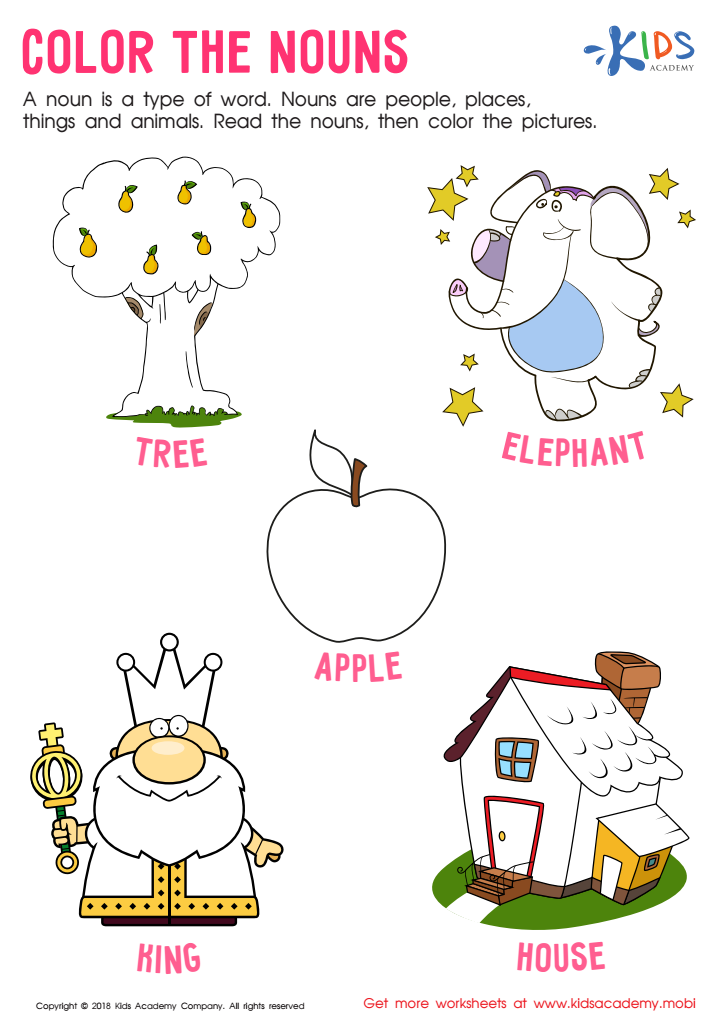

Color the Nouns Worksheet
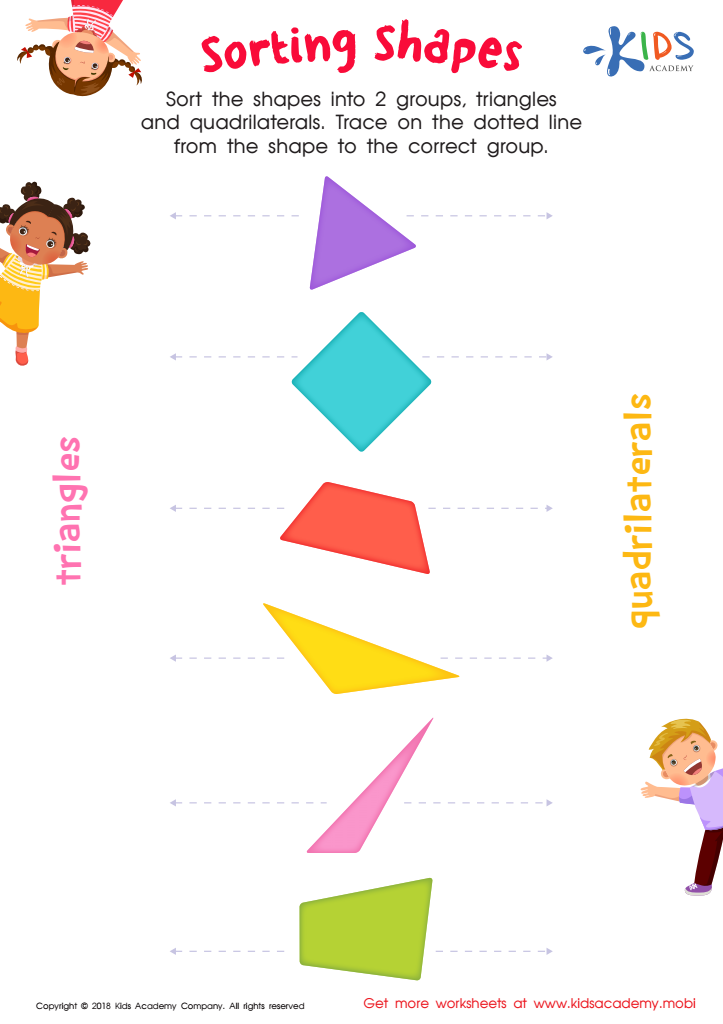

Sorting Shapes Worksheet
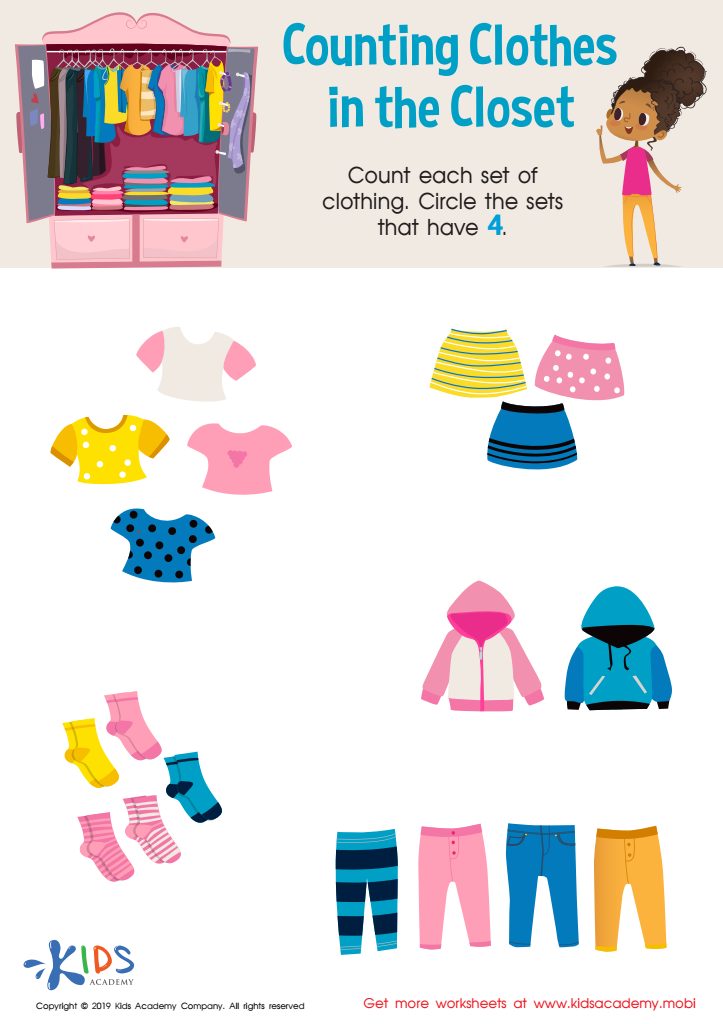

Counting Clothes Worksheet
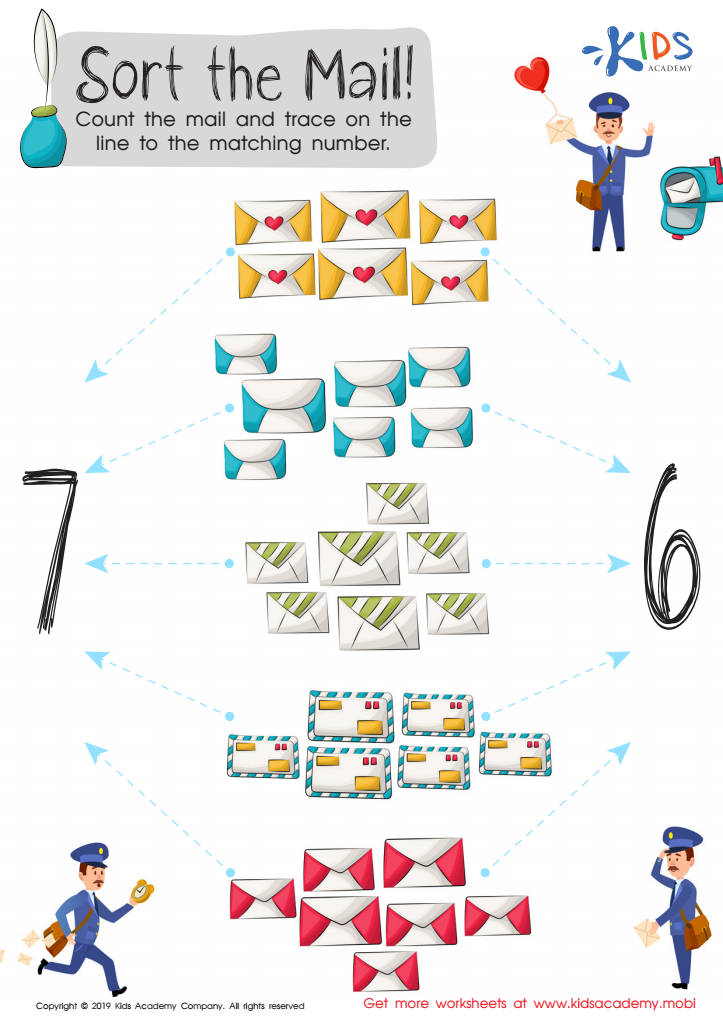

Sort the Mail Worksheet
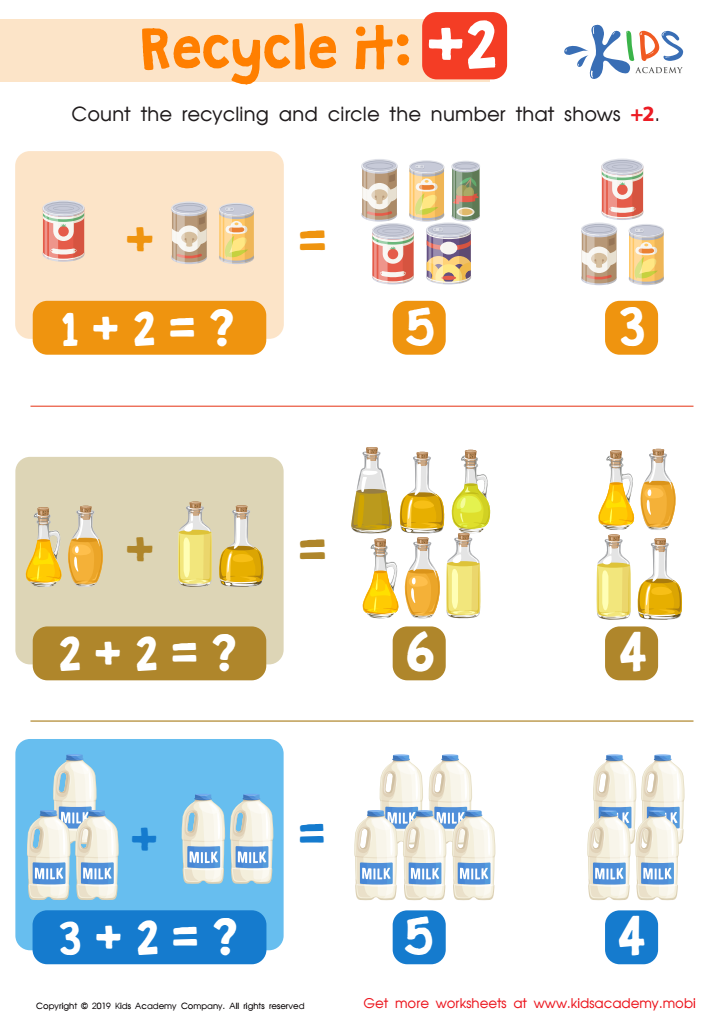

Recycle It: +2 Worksheet
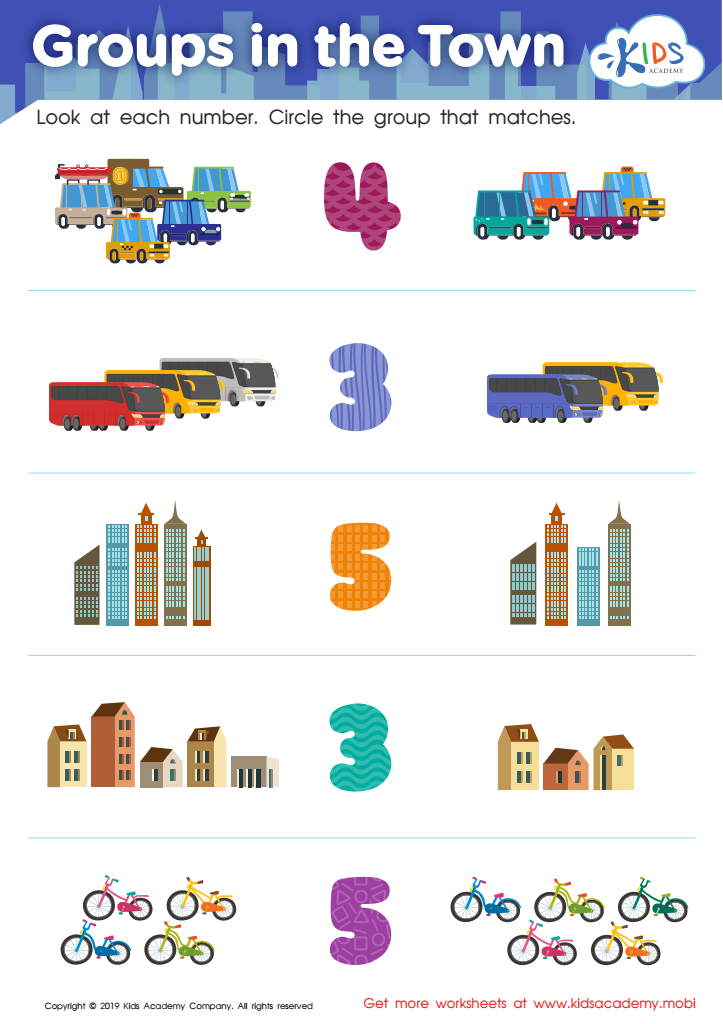

Groups in the Town Worksheet
Categorization skills are fundamental cognitive abilities that enable children to organize and make sense of the world around them. By encouraging the development of these skills, parents and teachers help children develop strong foundational reasoning and problem-solving abilities. When young learners can group objects, ideas, or information based on shared characteristics or themes, they become better equipped to handle everyday situations and academic challenges.
One significant reason to prioritize categorization skills is that they enhance memory and information retrieval. By grouping similar items together, children can more easily remember and recall information when needed, aiding in their overall learning process. For example, knowing that apples, bananas, and oranges all belong to the fruit category helps a child remember them better as part of a larger set.
Additionally, categorization aids in the development of language and communication skills. When children group and label objects, they build vocabulary and learn to articulate thoughts more clearly. This is crucial as language skills are foundational for reading and writing, essential competencies in the early grades.
Furthermore, categorization fosters critical thinking and decision-making. Children learn to observe, compare, and contrast different items, which sharpens their analytical skills. Investing in categorization skills early sets the stage for lifelong learning and adaptation.

 Assign to the classroom
Assign to the classroom












